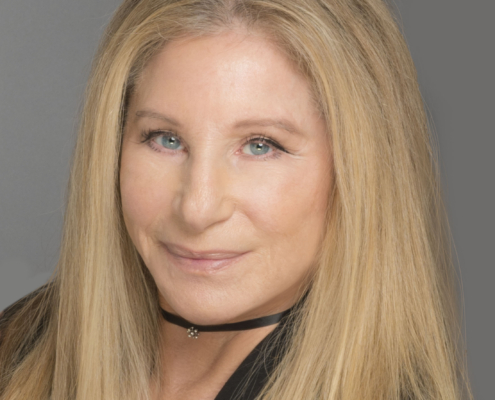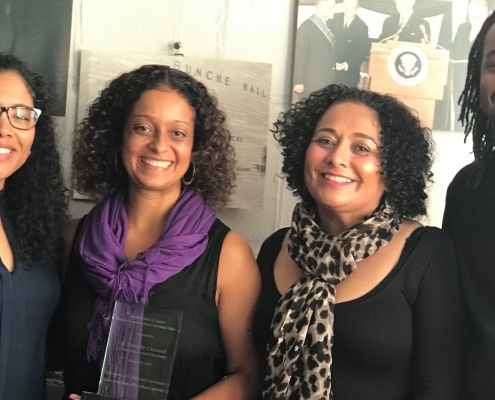Posts

Barbara Streisand to Fund Institute at UCLA Focused on Solving Societal Challenges
“Building upon her decades of work as an artist and activist,…

Recap of the Inaugural Sawyer Memorial Lecture in Racial and Ethnic Politics Featuring Dr. Clealand
The UCLA Center for the Study of Race, Ethnicity and Politics…

